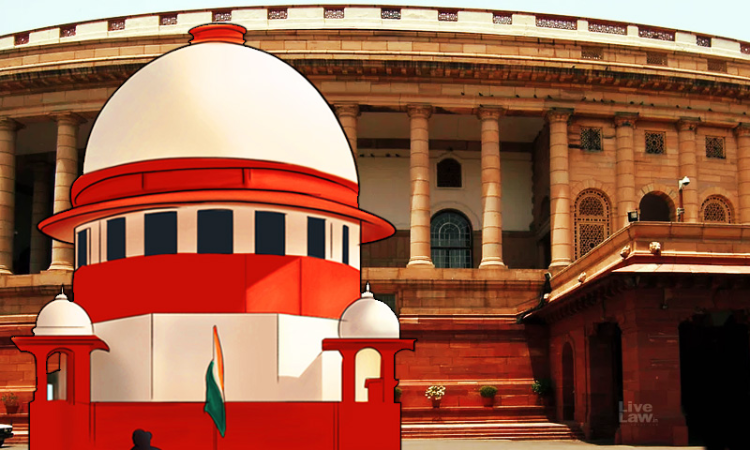On Friday, the Supreme Court directed that a copy of the public interest litigation seeking to declare that citizens have a fundamental right to directly petition the Parliament and invite deliberation on important issues of public interest, be served to the Centre. A Bench of Justices KM Joseph and BV Nagarathna observed that it did not want to issue notice in the plea at this point...

